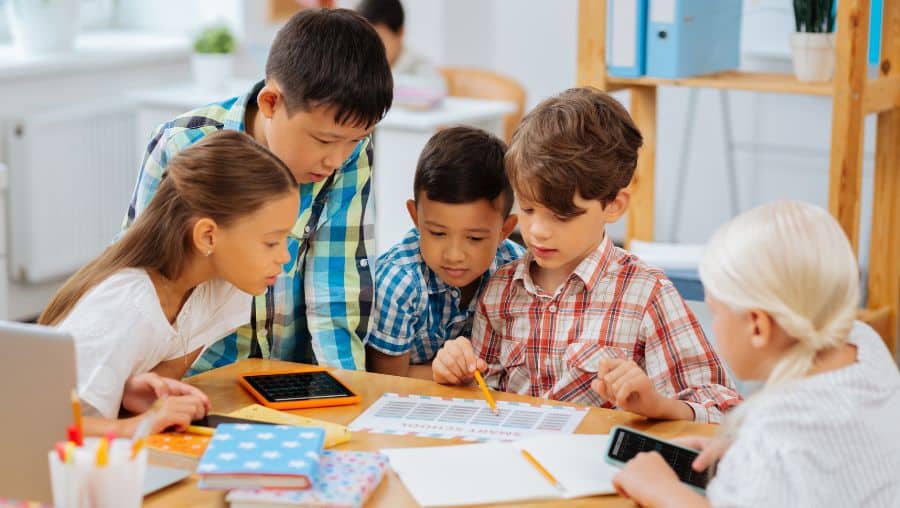IEP Goals for Non-Verbal Students with Autism: Enhancing Communication at School
In special education, development and success are profoundly influenced by the effectiveness of Individualized Education Programs (IEP) goals for non-verbal students with autism. The emphasis on enhancing communication skills within these IEPs is paramount. By setting realistic, measurable, and personalized goals, educators can significantly improve the ability of non-verbal students with autism to communicate, engage, and flourish within the school environment.
Non-verbal students with autism face unique challenges in traditional verbal communication but often possess untapped potential for alternative forms of expression. It’s crucial to recognize and nurture these alternative methods. Understanding each student’s distinct abilities, preferences, and obstacles is essential for crafting effective IEP goals that truly make a difference.
Establishing a Functional Communication System
Establishing a functional communication system is a foundational goal for non-verbal students. This involves introducing students to picture exchange communication systems (PECS) or augmentative and alternative communication (AAC) devices and ensuring mastery over these tools.
Tailoring communication boards or digital apps to meet the specific needs of each student is also crucial in this process. Moreover, students must learn to use their chosen communication method effectively for various purposes. This includes making simple requests, expressing their needs, and engaging in basic social interactions. By achieving proficiency in these areas, non-verbal students can significantly enhance their ability to connect with the world around them.
Enhancing Social Interaction Skills
Social interaction skills are equally crucial for non-verbal students with autism. To enhance these, IEP goals can be strategically designed around engaging in structured social activities. These activities aim to nurture non-verbal communication abilities, including using gestures or facial expressions to express emotions and responses effectively.
For instance, turn-taking games or group tasks can be excellent ways to practice and reinforce these skills. Additionally, participating in exercises focused on improving joint attention skills is another vital component. Such exercises help students learn to share focus with others on an object or activity, fostering a fundamental aspect of non-verbal interaction and communication.
Expanding Non-Verbal Communication Skills
Broadening a student’s non-verbal communication skills is a critical objective. Students need to be encouraged to recognize and employ a more extensive array of gestures or symbols. This expansion allows them to convey thoughts, feelings, and opinions more complexly.
Understanding and responding to non-verbal cues from others is equally important, as it facilitates a deeper level of interaction and connection. Furthermore, the integration of technology plays a pivotal role in this development. For example, tablets equipped with speech-generating applications can significantly enhance a student’s ability to communicate more detailed messages.
Fostering Independence in Communication
The ultimate goal is to nurture independence in communication, equipping students to exercise self-advocacy. This involves enabling them to articulate their preferences, dislikes, and consent clearly through their chosen communication system. Additionally, students must learn how to navigate social scenarios independently, utilizing their communication skills to interact effectively with others.
An ongoing aspect of this journey is the continuous refinement of their communication methods. This ensures that these methods remain in harmony with their changing needs and preferences, thereby supporting their growth and development in the most personalized manner possible.
Choose The Deron School
The Deron School offers a state-approved private school program and services tailored to your child’s needs. If you believe that your child would benefit from our wide array of resources and services, don’t hesitate to contact us with any admission inquiries.
